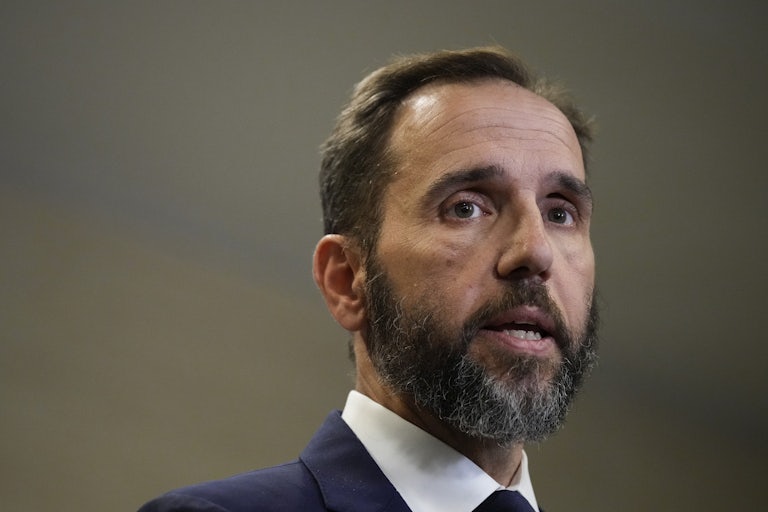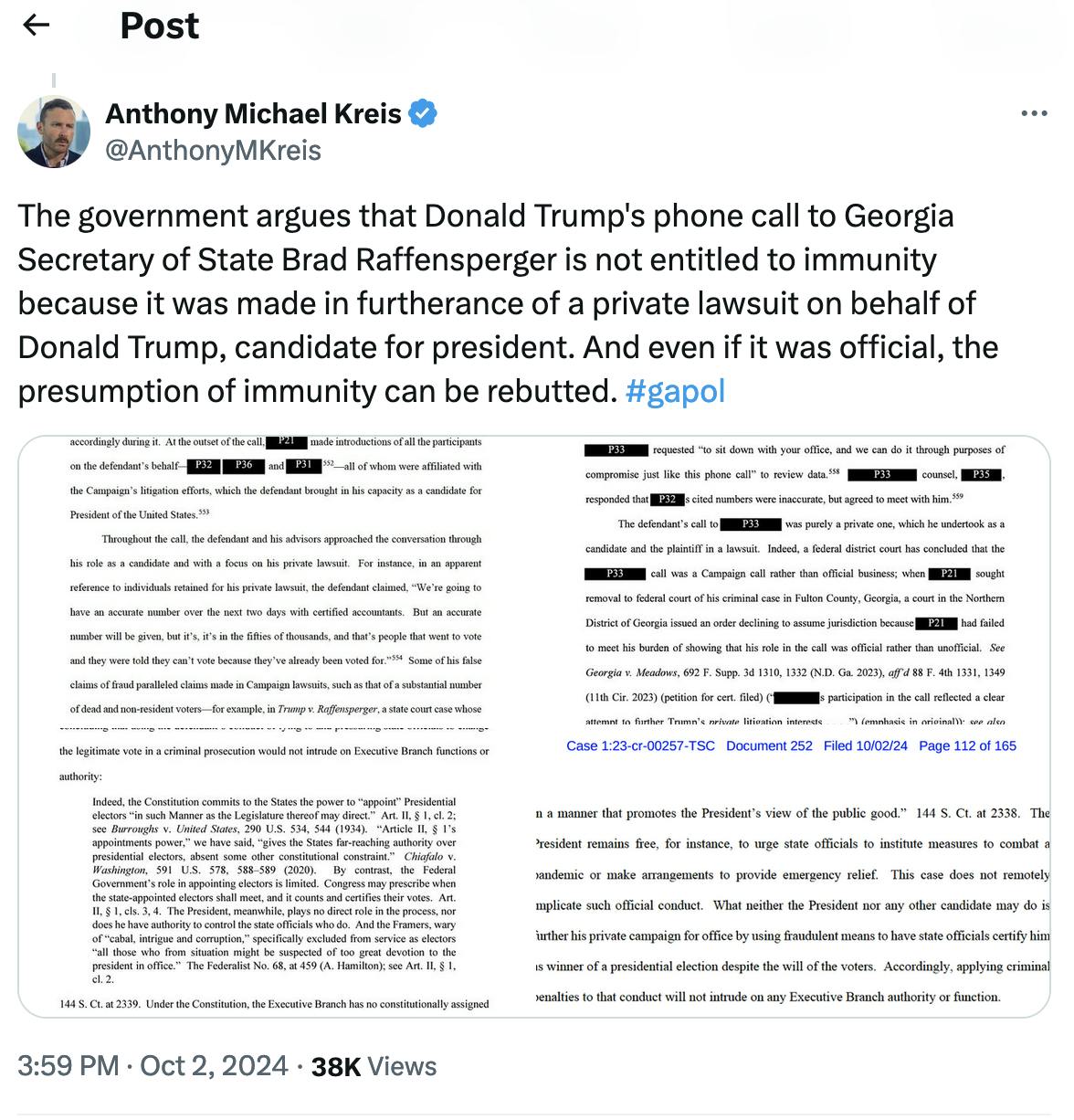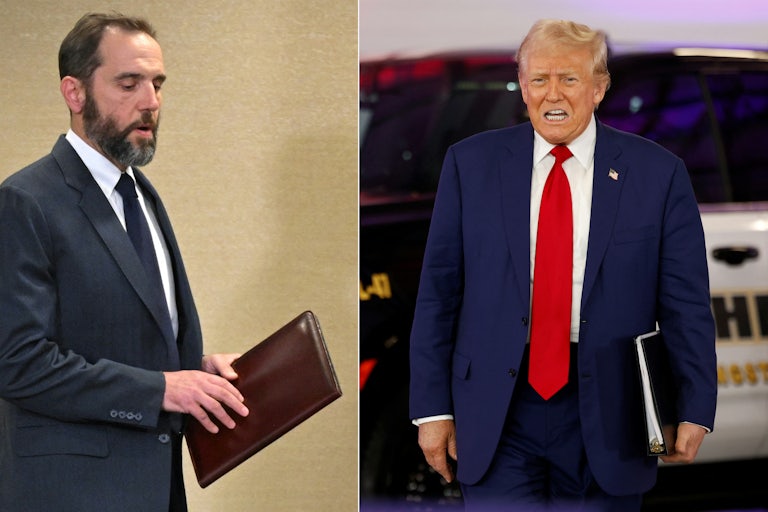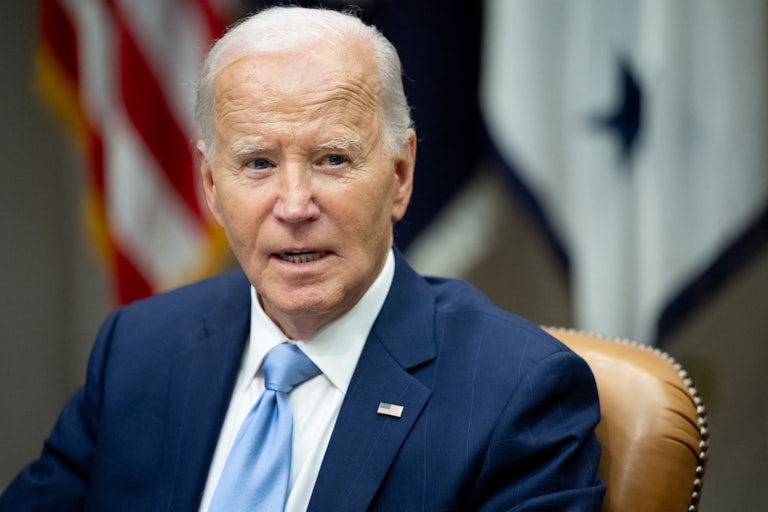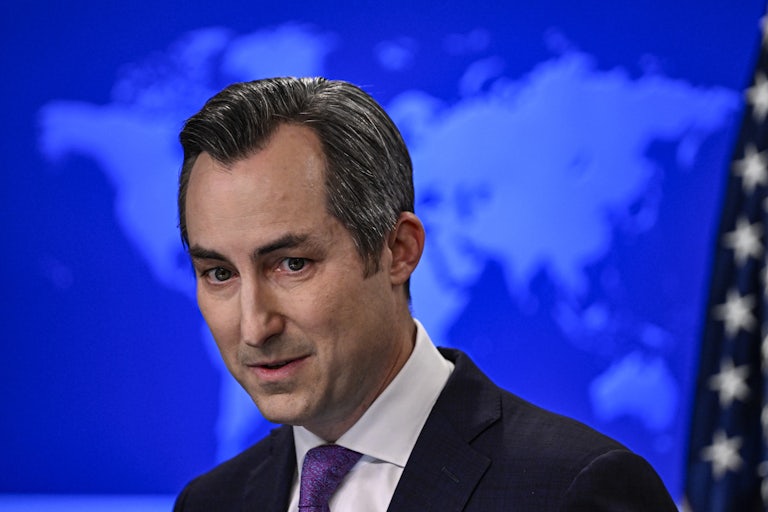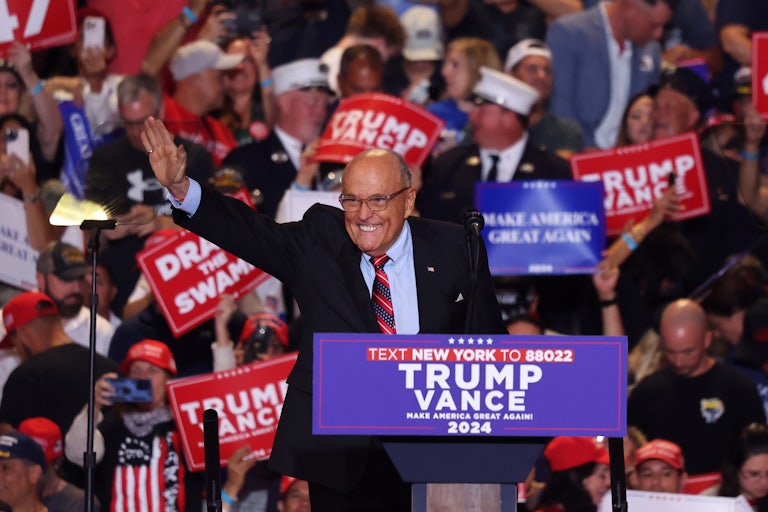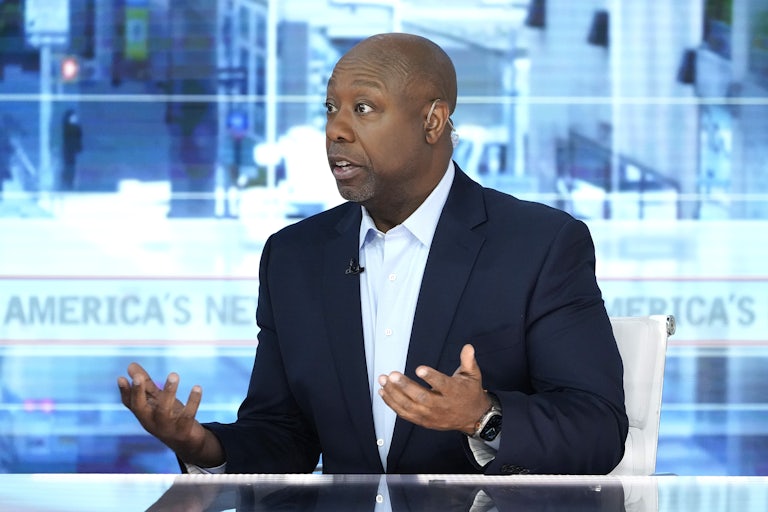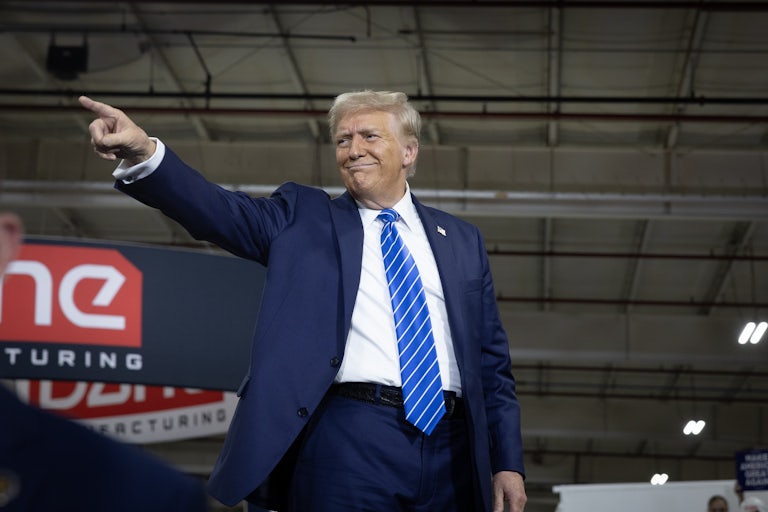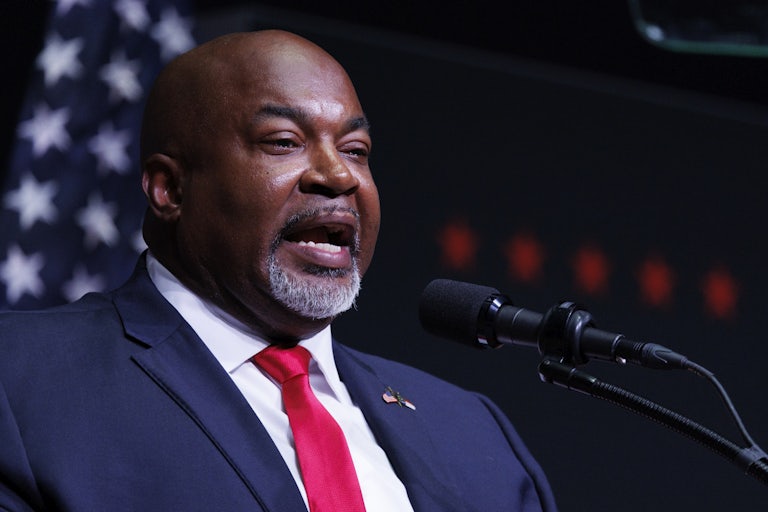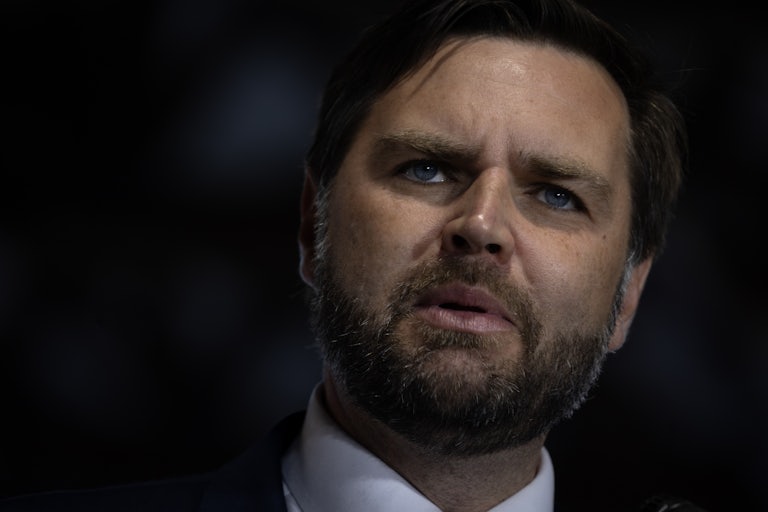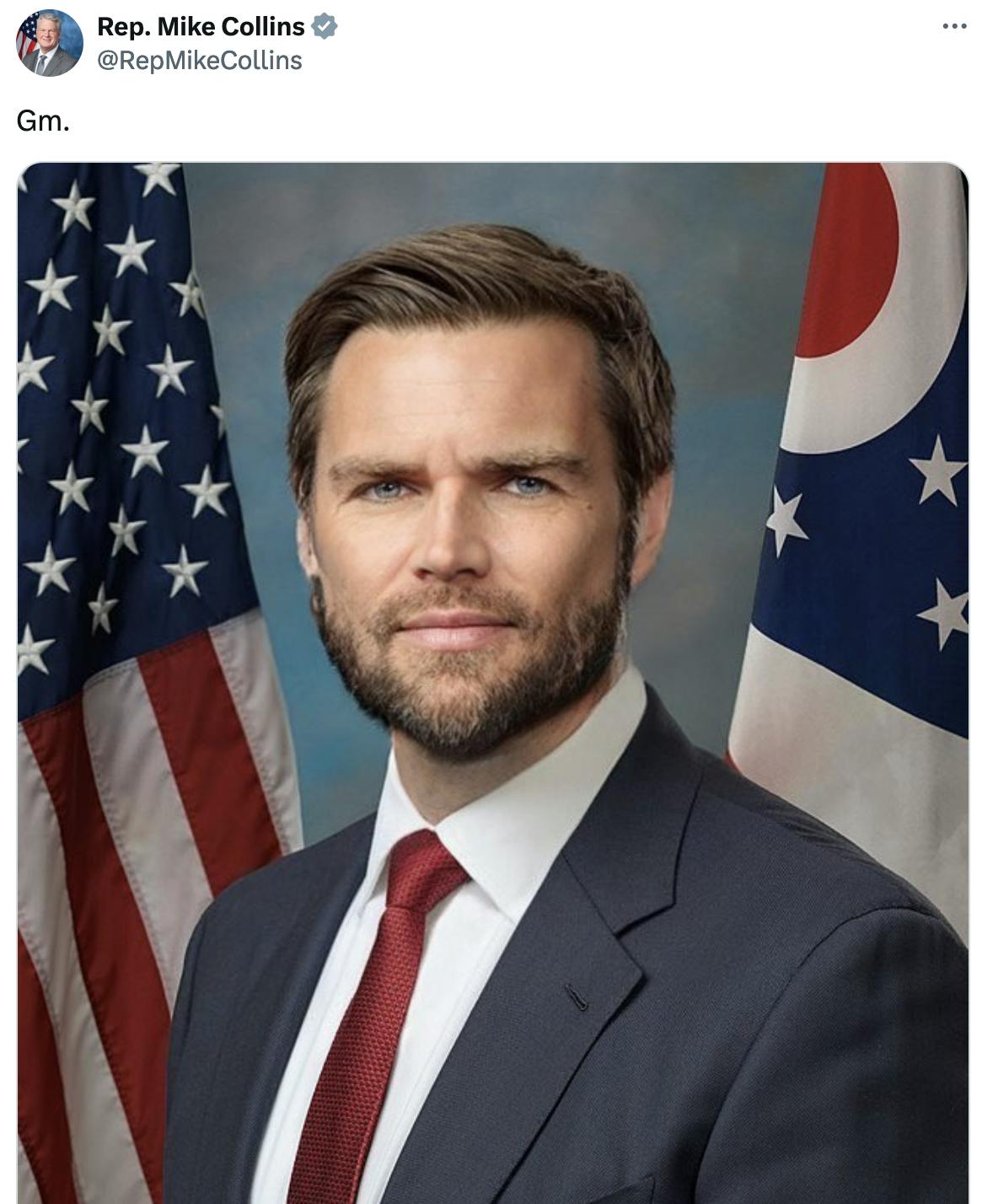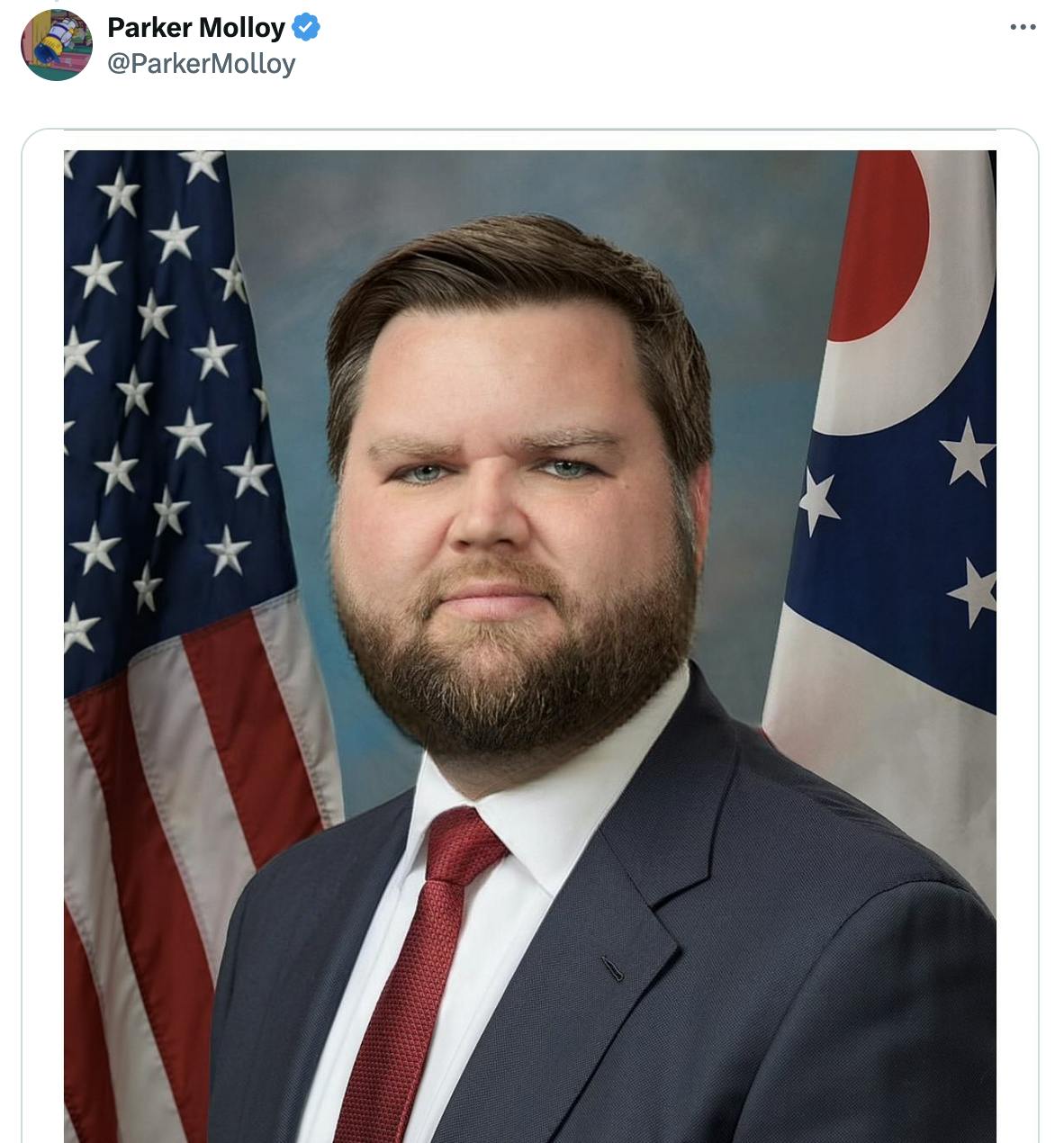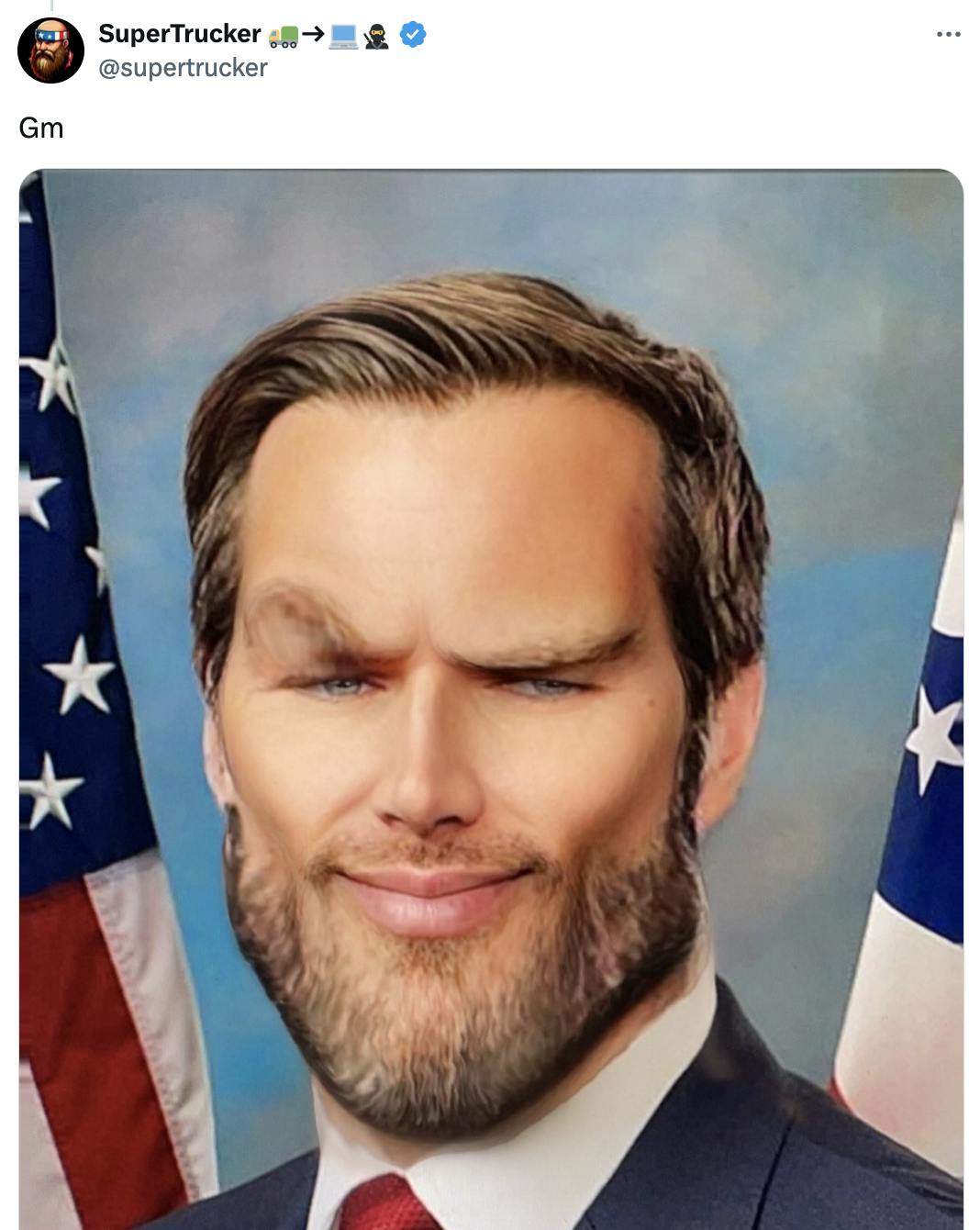Jack Smith Filing Reveals Crucial Detail About What Trump Knew in 2020
Donald Trump chose not to listen to a single adviser after the 2020 election.
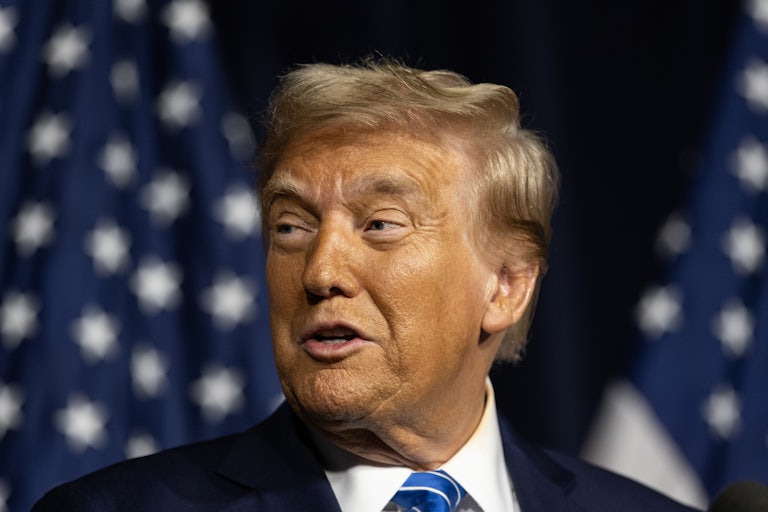
While Donald Trump and his allies pushed lies about widespread voter fraud following the 2020 election, his former Vice President Mike Pence apparently urged him to admit defeat.
Judge Tanya Chutkan unsealed Jack Smith’s 165-page motion pertaining to Trump’s January 6 trial Wednesday, which revealed details about the co-conspirators and specific allegations connected to the former president’s 2020 election subversion scheme. The details allege that Trump planned to declare victory regardless of the outcome or what anyone said to the contrary, including his own running mate.
Trump allegedly told his campaign advisers that he planned to take advantage of Democratic voters’ preference for mail-in ballots, which take longer to tabulate, and “simply declare victory before all the ballots were counted and any winner was projected.”
He then allegedly planted the seeds for such a plan by publicly undermining the results of the election before it had even taken place, claiming that all mail-in voting was inherently fraudulent.
In early November, Trump allegedly received an “honest assessment” stating that he “could not mount successful legal challenges to the election.” Trump was told by a White House aide who “served as a conduit of information from the campaign” that there was no way Rudy Giuliani would be successful in challenging the election results. Trump responded, “We’ll see.”
In a meeting with Trump and Giuliani, that staffer told them both that they would be unable to prove Giuliani’s “speculative” allegations of voter fraud in a courtroom. When the staffer privately repeated this concern to Trump later, Trump responded, “The details don’t matter.”
The filing detailed many conversations between Trump and Pence as running mates, “in which they discussed their shared electoral interests. This is distinct from conversations had between the two where they are acting in their official capacity as President and Vice President, which would be inadmissible as evidence, per the Supreme Court’s decision in Trump v. United States.”
As early as November 4, Trump allegedly asked Pence to “study up” on claims of voter fraud in the states that they had won in 2016. Pence said that Trump was already stating that the campaign was “going to fight.”
In the postelection period, Pence told Trump that “he had seen no evidence of outcome-determinative fraud in the election,” according to the filing, and repeatedly urged Trump to accept the results.
As media organizations began on November 7 to project that Joe Biden had won the election, Pence “tried to encourage” Trump to accept defeat, “as a friend.” Pence reminded him that he’d taken “a dying political party and given it a new lease on life.”
A few days later, on November 12, Pence said that Trump received a “sober and somewhat pessimistic report” on the status of his election challenges, and Pence urged Trump to give up. “Don’t concede, but recognize that the process is over,” Pence said, according to the filing.
In a conversation on December 21, Pence again “encouraged” Trump to “not look at the election ‘as a loss—just an intermission.’” Later in the day, Trump asked Pence what he thought they should do, and Pence replied, “After we have exhausted every legal process in the courts and Congress, if we still came up short, Trump should ‘take a bow.’”
